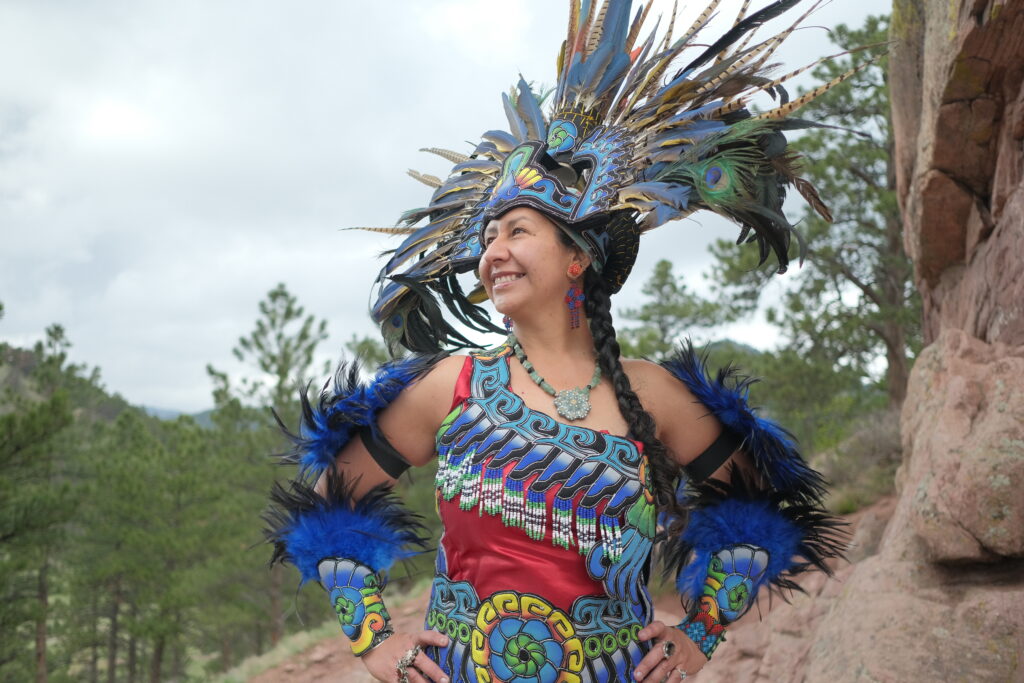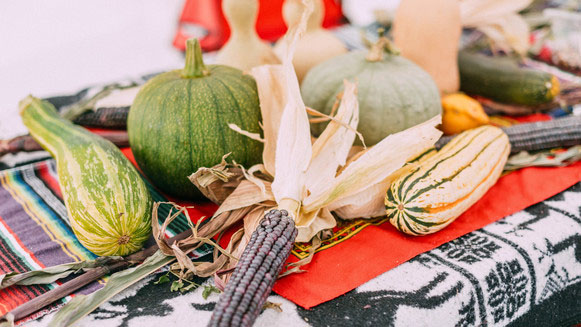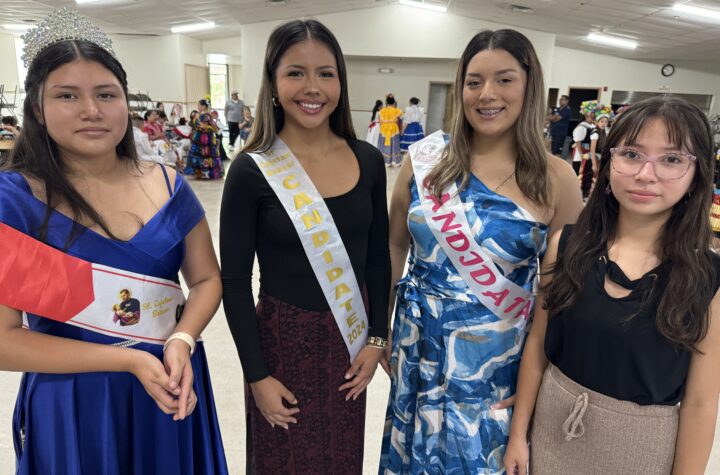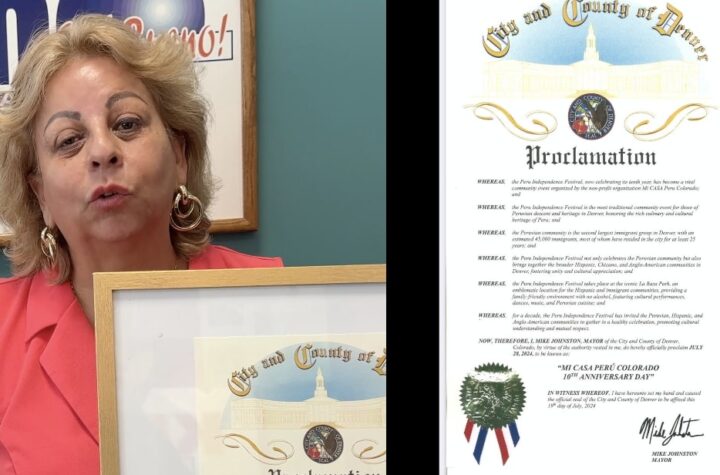
EXPERT AND ACTIVIST| Andrea Yoloteotl Chalchihuitl Nawage: “water carries a kind of memory.” (Photo/ Courtesy of HAFN)
AFFIRMS ACTIVIST ANDREA YOLOTEOTL NAWAGE

Newroom El Comercio de Colorado
Haga click aquí para leer la versión en español
Andrea Yoloteotl Chalchihuitl Nawage is a prominent activist and founder of the nonprofit organization Harvest of All First Nations (HAFN). Under Andrea’s leadership, this organization focuses on issues of food justice, preservation of medicinal plants, ecofeminist practices, and land reclamation, among other areas. She graduated with a degree in Environmental Studies from Naropa University in Boulder, Colorado, and holds specializations in Peace Studies, Food Justice, and a Permaculture Design Certificate.
As an advocate for environmental and ecological issues, Andrea is driven to advance original initiatives. In September 2023, she spearheaded the second edition of the Corn Festival, an event celebrating corn culture and its indigenous roots. She also demonstrates expertise in explaining natural processes and their consequences with great precision. Most importantly, Andrea introduces important concepts that allow for connections between ecological issues, history, culture, and spirituality.
Regenerative Agriculture
Andrea emphasizes the importance of regenerative agriculture. This approach is not a new idea but is based on indigenous knowledge and traditional practices within her community. “Regenerative agriculture involves ‘seeing the earth as a living spirit that is giving us life, and we are exchanging life when we talk about regeneration.’ This means it is not simply about extracting resources from the earth but also about giving something back to the earth in acknowledgment of its importance in human and ecological life,” explains Andrea.
Regenerative agriculture focuses on creating agricultural systems that are not only sustainable but also promote soil health. This involves practices such as crop diversification, crop rotation, and reducing the use of chemical fertilizers and pesticides. Instead of extensive monoculture, a polyculture approach is promoted, including crops like corn, beans, and squash, which not only improve soil health but also provide nutritious and climate-resilient food.

Mitigating Climate Change
This activist explains how regenerative agriculture significantly contributes to mitigating climate change. Andrea details that “by increasing organic matter in the soil and improving soil health, regenerative agriculture helps sequester carbon from the air and store it in the soil. This helps reduce the atmospheric concentration of CO2, one of the main drivers of climate change.” She indicates that in addition to carbon sequestration, it also helps in biodiversity conservation.
Andrea explains that healthy soil is filled with diverse microbes, bacteria, fungi, and insects. “The more life there is in the soil, the more carbon is stored in the form of these microorganisms,” she notes. However, soils resulting from regenerative agriculture will better retain moisture and keep the soil in place. “Soil that retains more moisture helps maintain crops during droughts. In this way, farmers can better adapt to the impacts of the climate crisis,” Andrea assures.
Water with Memory
Andrea highlights the importance of water. She asserts that water is essential for life, and without it, humanity could not survive. Water plays a fundamental role in agriculture and biodiversity, and its quality and availability are essential for the health of the land and communities. “Another vital aspect is that water carries a kind of memory, which means that its quality and how it is treated can influence agricultural systems and life in general,” she assures.
Transgenerational Healing
Andrea introduces the idea of transgenerational healing. This concept involves reclaiming and honoring the traditions and ceremonies of past generations, connecting with ancestral wisdom, and sharing it with future generations. Through this healing, the goal is to heal historical wounds and traumas, especially in the context of indigenous communities. Regenerative agriculture and valuing ancestral cultural practices are part of the process of healing and renewal of the land and human beings.
How did you identify that your mission was to work on connecting with the earth?
AYN: I was born in Mexico, but I grew up in three countries. I grew up between Mexico, the United States, and Canada. An experience I had at the age of 19 realigned me and put me on the path to understanding who I am. My great-grandfather was one of the first Africans to come in the boats of the conquerors. I have relatives who come from the Chichimec Aztec lands of Guanajuato.
I immersed myself in my culture and began to feel culturally proud of who I am, knowing who I am. I started to perform many ceremonies and prayers. I bring that cultural aspect into my relationship with nature so that there is a memory of ancestral memory. We already know that the cobs can grow stronger through these rites. That is proven.
You may also like:
Resistance to Voting for a Woman?






otras noticias
Colorado housing costs 8th least affordable in nation
Rhetoric or Reality
We Combat Wage Theft with Community Partners